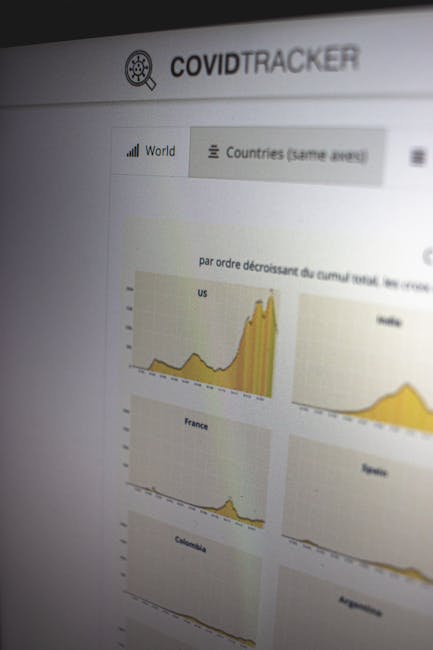Introduction
Understanding the return on investment (ROI) of a college degree is crucial for students planning their educational paths. In today's globalized world, the availability of degrees across various countries adds complexity to this decision-making process. How does the ROI of a degree in the United States compare to one from Germany or Singapore? With a plethora of options available, evaluating the global ROI is essential for making informed choices about education.
This blog post delves into the factors that influence the ROI of degrees across countries and provides actionable insights for prospective students. We'll discuss financial metrics, personal fulfillment, and real-world data to help you determine the true value of your degree choice.

Factors Influencing Global ROI
Tuition Costs and Financial Aid
The cost of education varies significantly across countries, impacting the overall ROI. For instance, students in the United States often face higher tuition fees compared to their counterparts in countries like Germany, where education is heavily subsidized. Understanding these costs is crucial in evaluating the financial benefits of a degree.
Additionally, availability of financial aid and scholarships can alter the ROI landscape. Countries with robust financial aid systems may offer better immediate returns, allowing students to graduate with minimal debt. To explore the financial implications further, you might want to check out The Long-Term Financial Impact of Your Degree Choice.
Employment Opportunities
A degree's ROI is largely determined by the job market and employment opportunities in a given country. Countries like Canada and Australia offer strong post-graduation work placement programs that can enhance the ROI of your educational investment.
On the other hand, some countries may have limited job opportunities in certain fields, which can affect your financial gains post-graduation. Evaluating emerging career fields can provide further insights into potential opportunities, as discussed in How to Research and Evaluate Emerging Career Fields.

Balancing Financial and Personal Considerations
Cultural and Personal Fulfillment
While financial ROI is important, personal fulfillment and cultural experiences also play a vital role in education. Studying in a foreign country can offer cultural enrichment and personal growth, which are invaluable experiences that may not be quantifiable in monetary terms.
These factors can significantly enhance personal satisfaction and life skills, potentially leading to broader career opportunities. For some students, these personal gains outweigh financial considerations, making their educational journey worth the investment.
Field of Study
Your chosen field of study can dramatically influence the ROI of your degree. For example, STEM degrees are often touted for their high ROI, but it's crucial to evaluate if they align with your personal interests and career goals. You may find further insights in STEM Degrees: Are They Always Worth the Investment?.
On the other hand, degrees in humanities may offer lower financial returns but can be deeply rewarding in terms of personal satisfaction and societal impact. Balancing your passion with practical considerations is key to making an informed decision.

Practical Tips for Prospective Students
Research and Planning
Conduct thorough research on the universities and countries you are considering. Evaluate factors like tuition costs, living expenses, and post-graduation employment rates. Websites, educational consultants, and alumni networks can provide valuable insights into what you can expect.
Tip: Create a comparison chart for different countries and degrees to visualize potential costs and returns. This can greatly aid in your decision-making process.
Consider Alternative Paths
Not all high-paying careers require traditional degrees. Explore alternative pathways such as certifications, vocational training, or apprenticeships, which can offer competitive salaries without the burden of student debt. For more information, check out Why Some High-Paying Careers Don't Require Traditional Degrees.
These alternatives can be particularly appealing if they align with your career goals and offer a quicker return on investment. Evaluating the true value of specialized degrees is also essential for making an informed choice, as discussed in How to Evaluate the True Value of a Specialized Degree.
Conclusion
Deciding on a degree is a significant investment that requires careful consideration of both financial and personal factors. By comparing degrees across countries, students can gain a clearer understanding of the potential ROI and make informed decisions that align with their career goals and personal values.
Remember, the best degree choice is one that balances financial returns with personal fulfillment. By leveraging the insights and tips shared in this post, you can confidently navigate the complex landscape of global education and make a choice that truly pays off in the long run.



